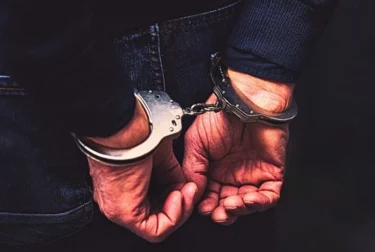Previously, we spoke about drug crimes related to pill mills where pain treatment centers illegally sell narcotics. Over the years, the state of Florida has become the epicenter of drug crimes associated with pill mills but a new state law there bans doctors and clinics from selling pain pills. Law enforcement officials believe the enforcement of the new law will reduce the number of pill mill drug crimes.
Clinics in Florida that illegally prescribed pain medication like oxycodone made the area the center for illegal pain killer distribution in the Southeast United States. Addicts from states away would travel to Florida to obtain narcotics from clinics and dealers would also purchase their supplies from clinics. Under the new law, pain doctors are only allowed to write prescriptions and prescriptions must be filled at pharmacies.
As many as 40,000 pills were removed from pain centers across the state as law enforcement officials took preliminary enforcement efforts. Pain centers in the state have until the beginning of next week to comply with the ban. Any unused pills in sealed boxes can be returned for refunds or the pills can be handed over to police for disposal.
Over 20,000 of the confiscated pills came from three clinics in Palm Beach County. In 2009 Florida pharmacies and pain centers sold about 24 million doses of painkillers.
One pain clinic owner whose clinic was a part of the inspection was escorted by police when he returned drugs to a distributor. The clinic had been the site of previous state inspections and the site of multiple anti-pain-clinic protests.
Source: Los Angeles Times, “State begins pulling pills from South Florida pain clinics,” Bob LaMendola, 7/5/11





